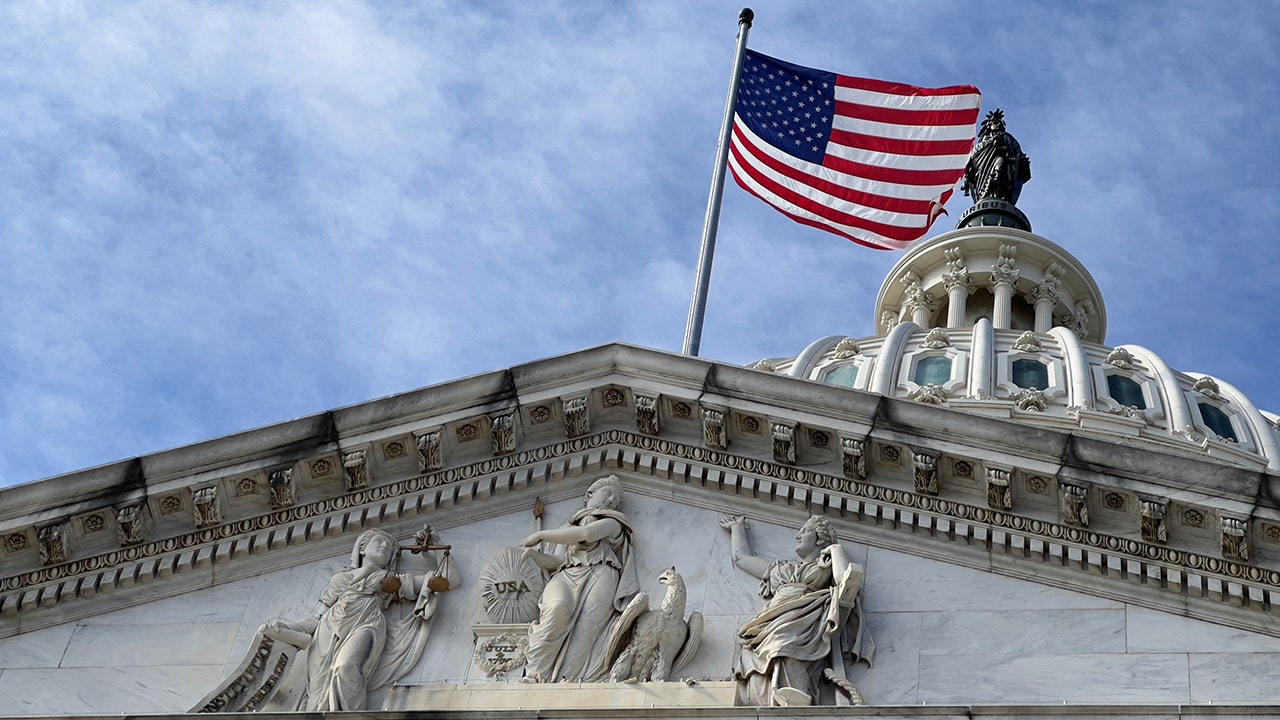The Facts
Four research papers released by the journals Science and Nature on misinformation and political polarization on social media have revealed that tweaks made to the Facebook and Instagram algorithms "did not sway political attitudes."
In the studies, researchers from several institutions, including Princeton University, Dartmouth College, and the University of Texas, were granted access by Facebook and Instagram owner Meta to social media data pertaining to the 2020 US presidential election.
The Spin
Establishment-critical narrative
These studies are carefully crafted pieces designed to shift the blame off of the social media platforms that fuel intense political polarization. Social media platforms are in no way absolved from the damage they have caused democracy and have even reversed some of their misinformation guardrails in the run-up to the 2024 election. No matter how odious the content, engagement is the only thing of value to these companies.
Pro-establishment narrative
Everybody loves a scapegoat, but the inconvenient reality of political polarization is that social media platforms play a limited role. The algorithms of Meta and others simply make it easier for people to see the content they want to see without affecting their underlying beliefs or values. The issues in America's democracy go deeper than Facebook and speak to political discourse in profound need of repair. Polarization is driven by people, not platforms, and the solution lies within everyday people, not Silicon Valley.


